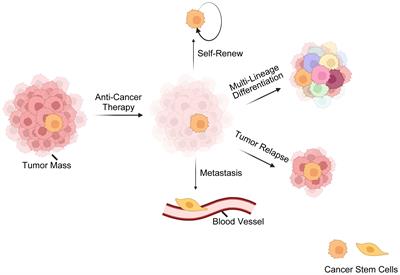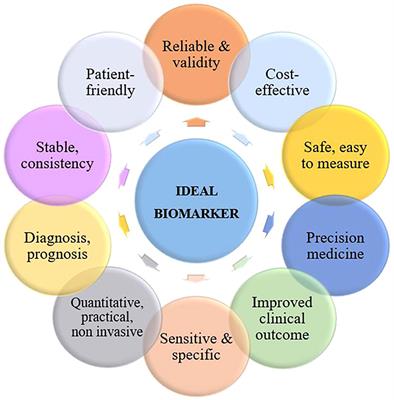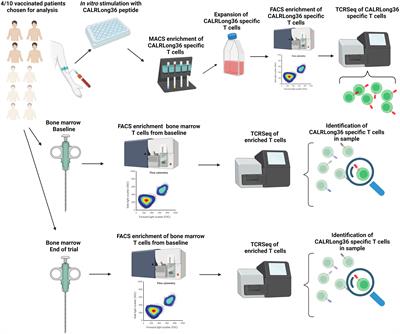REVIEW
Published on 30 Sep 2024
Finding potential targets in cell-based immunotherapy for handling the challenges of acute myeloid leukemia

doi 10.3389/fimmu.2024.1460437
- 1,434 views
3,069
Total downloads
10k
Total views and downloads
Select the journal/section where you want your idea to be submitted:
REVIEW
Published on 30 Sep 2024

EDITORIAL
Published on 23 Sep 2024
REVIEW
Published on 19 Jun 2024

REVIEW
Published on 24 Jan 2024

ORIGINAL RESEARCH
Published on 17 Aug 2023


Frontiers in Oncology